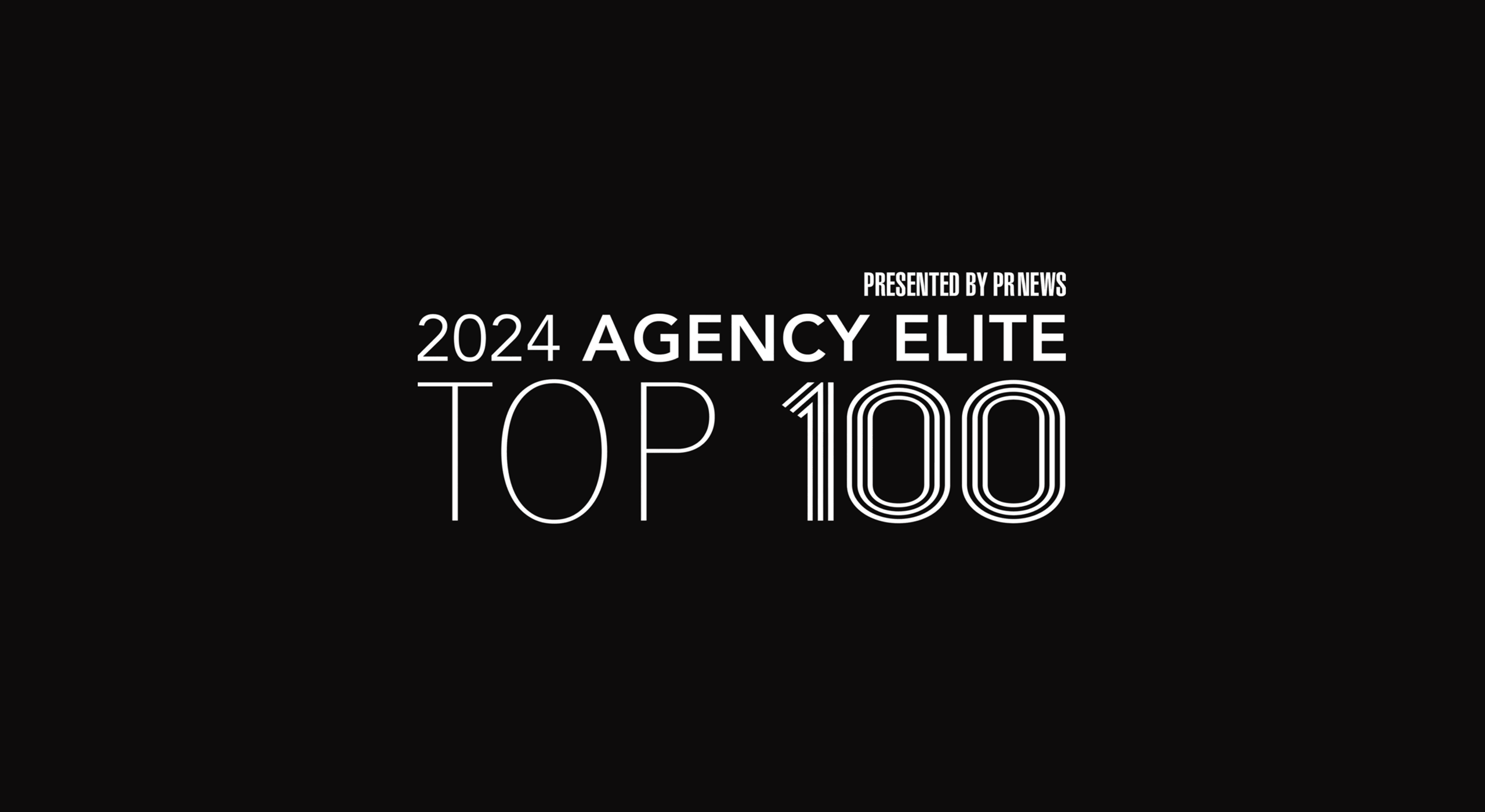
Tour de Mess: What to Learn from the Lance Armstrong Fiasco
By: Amanda Braniecki
As public relations professionals, we are taught it is better to be proactive instead of reactive. Former professional cyclist Lance Armstrong and his team, however, took a different bike path, and it is one we can all learn from. At any point in time, we could find ourselves tasked with the challenge of orchestrating damage control for a client. While we won’t be able to erase the past, we can devise a plan to survive the aftermath.
By now, we are all well aware of the highly publicized Oprah Winfrey interview in which Lance confessed what many of us have assumed for quite some time: He was doping throughout his seven straight Tour de France victories. His demeanor during the segment ended up doing more harm than good, and left many of us asking: Why confess now?
While it’d be easy for me to explore all the “what ifs” and benefits of coming clean earlier, the reality is, what’s done is done. Lance lied—to his friends, family and fans—for more than a decade. His reputation and brand are tarnished by a scandal that led to him being stripped of his record-setting Tour de France titles, banned for life from the sport and dropped by endorsers.
So rather than bore you with what should have been done from the very beginning, let’s focus on what Lance’s team and other PR experts in similar situations must do to right the wrongs committed. The key to success lies in the execution. Devise a plan that is less about the client’s needs, and more about others.
First and foremost, empty all skeletons from the closet. It is not enough to just confess one thing; rather, lay it all out on the line and give a complete admission of wrong doings. For Lance, he needs to wipe the slate clean and start over without the possibility of other past indiscretions surfacing at various points, ruining any progress he has made.
Actions will always speak the loudest. Admitting a mistake is only half the battle, the other half is proving you’ve learned from it and will do better. And most often, the best way to illustrate that is to stand up in front of a crowd and share what you’ve learned to prevent others from following in your footsteps. Lance volunteering to speak, especially to youths, about the negative consequences of abusing banned substances, and his evolution from a god in a yellow jacket to a cheating liar would be a story with a message that will resonate with listeners.
It’s better to give than receive, and do so without fanfare. Find a cause you’re passionate about, and devote your time and efforts to it—and do so outside the spotlight. Lance has already stepped away from the Livestrong Foundation, and rightfully so. To follow that move with a large donation, either monetary or otherwise, to a youth cycling program would be an impactful way to begin rebuilding the credibility of a sport he helped destroy for future generations.
How would you counsel Lance to react in this situation? What other lessons learned would you share with PR pros and organizations looking to recover from a crisis?



